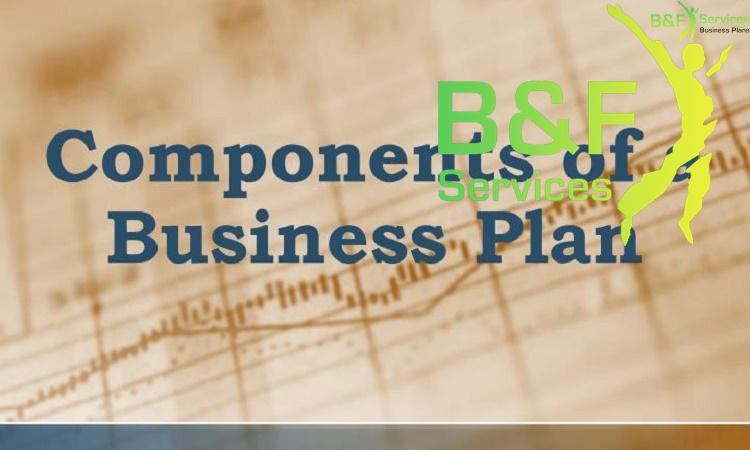

If you are unable to accept your failures and take lessons out of them, you are not ready to start your own business. As starting a small business, no matter what, is at high risk, to fail is pretty much expected. You should enhance your sense of reality and accept your failures.
Failure is an essential part of the learning curve. Yet, how often we choose to not look at failure in a positive light! In fact, lots of young entrepreneurs see failure as one of the two possible outcomes they can deliver, and as the worst of the two outcomes. It’s the outcome that must be avoided at all costs, the one that is associated with pain and trauma. We’ve been told ‘‘failure is not an option.’’
Three Important Points About Failure are listed below for you to react the best when all things are not well about your business.
Consider these three points carefully:
One: You learn the least when you succeed, client and you may actually learn nothing at all when you succeed.
For instance, you may believe that closing a big deal was the result of your superior research on the company you chose or your great sales presentation when in fact the client chose you because another vendor backed out
at the last minute and had no choice but to go with you— but didn’t tell you
Two: You learn the most when you fail. this is just the way the human nervous system works. When you experience pain and displeasure, you draw conclusions at a deep level about what caused that pain and displeasure, and you may learn some effective strategies that will help you avoid the experience in the future. For instance, losing your only client when that client is bought out by another company is likely to teach you, in a profound and impossible-to-forget way, about the potential cash-flow
risks connected with having only one client, even if the client is big.
Three: A successful business requires that its leaders learn a great deal, and keep on learning over time. You could even define a successful business in terms of its experience base, which is nothing more than the lessons
people running the business have learned, usually by means of failure.
Think about these three points the next time you feel you have failed.
Failure may not be your favorite option or even the option you plan for, but there is no reason to demonize it when it occurs. Demonizing failure makes it hard for people in your company—including you—to learn what to do when things don’t go as you planned.
The real difference between success and failure can be a matter of making one more phone call during the sales day. It can be setting up one more meeting that finally leads to the big deal. So many people stop just short of success, never realizing how close they came to realizing their dreams. If you are willing to ask good questions and keep moving forward, and to help the people on your team to do the same thing, you will reach the other side.








